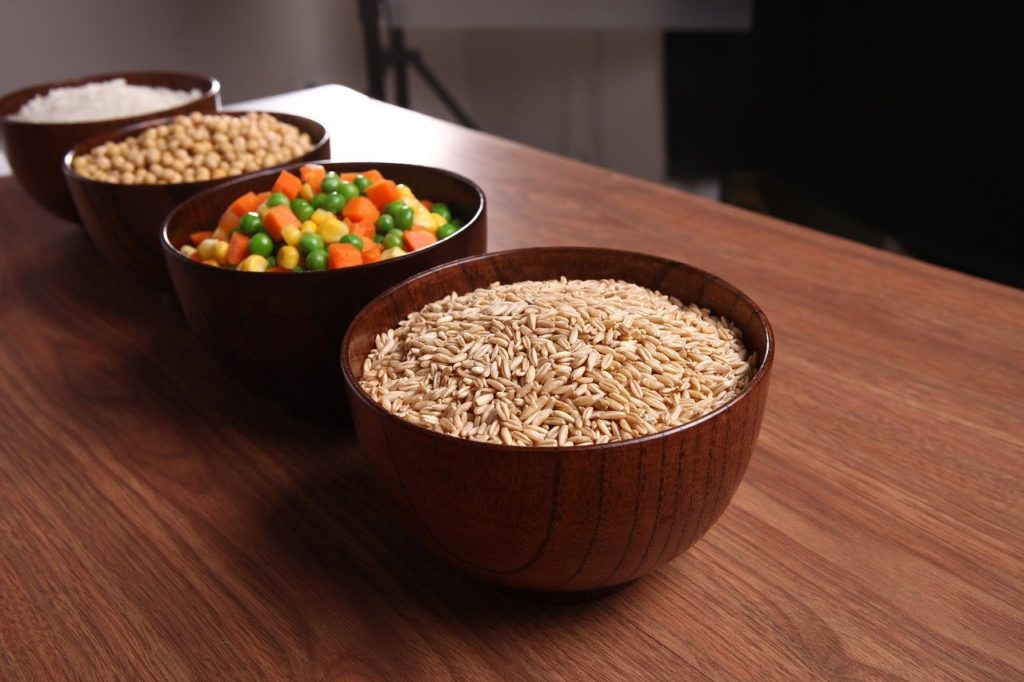For many years, the popularity of whole grains has continued to grow. Crude and unprocessed grain is a biologically active product. All components of whole grain – a source of trace elements and vitamins. Cleaned and ground grits after treatment lose most of the nutrients, fiber, fats, and antioxidants. All this dramatically reduces the nutritional value of quick-cooked meals (learn more about all benefits of healthy food at http://muscle-base.com/).
What Do Grains Do For Your Body?
It improves the functioning of the gastrointestinal tract, minimizes the probability of constipation and illness due to increased acidity, normalizes digestion. Due to the content of lignin, they are good prophylaxis of cancer. Moreover, some whole grains are useful to people suffering from diabetes. So consumption of whole grains has been linked to a reduced risk of heart disease, diabetes, and cancer.
Due to the high content of vitamins and minerals in their composition, they continue to youth and beauty, improve the condition of the skin, hair, and nails. According to high fiber content, porridges clean the body from slags and help to get rid of excess weight.
Why Are Whole Grains Good For You?
Consuming whole grain foods you protect the body from many ailments. 20-30 grams per day of this product is enough to prevent certain diseases. A diet rich in food fibers, by 40 percent, helps to reduce the likelihood of heart disease. These miracle products prevent the development of diabetes, intestinal inflammation, obesity. For example, oats contain a significant amount of proteins and carbohydrates, useful fats, vitamins, minerals, and trace elements. This makes it an excellent source of energy, it prevents the feeling of fatigue caused by low levels of glucose.
This grain food is an excellent source of B vitamins, vitamin A, vitamin E, and vitamin D. It also contains minerals, such as calcium, which prevents osteoporosis. Oats are rich in iron, which helps deliver oxygen to the tissues of the body, zinc, which plays a key role in the functioning of insulin.
What Are Whole Wheat Benefits?
The effect of the consumption of whole wheat is caused by various vitamins, nutrients, and trace elements. This cereal contains phosphorus and potassium, which help to strengthen bones, as well as potassium and various nucleic acids, without which our muscles, capillaries, and vessels could not function properly. It contains a significant portion of vitamins, including very rare vitamins B12, B6, PP, normalize the activity of the nervous system and contribute to the restoration of the body. Familiar to us from childhood vitamins A and E are also present in wheat. They favorably affect the skin and hair, as well as improve vision. That is why there are a lot of benefits of whole wheat bread. Proteins, carbohydrates, starch, food fibers, mono and disaccharides, choline, silicon, sodium, iodine, manganese, magnesium, zinc, chromium, aluminum, titanium are nutrients through which such bread acquires special value.

